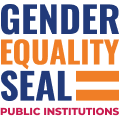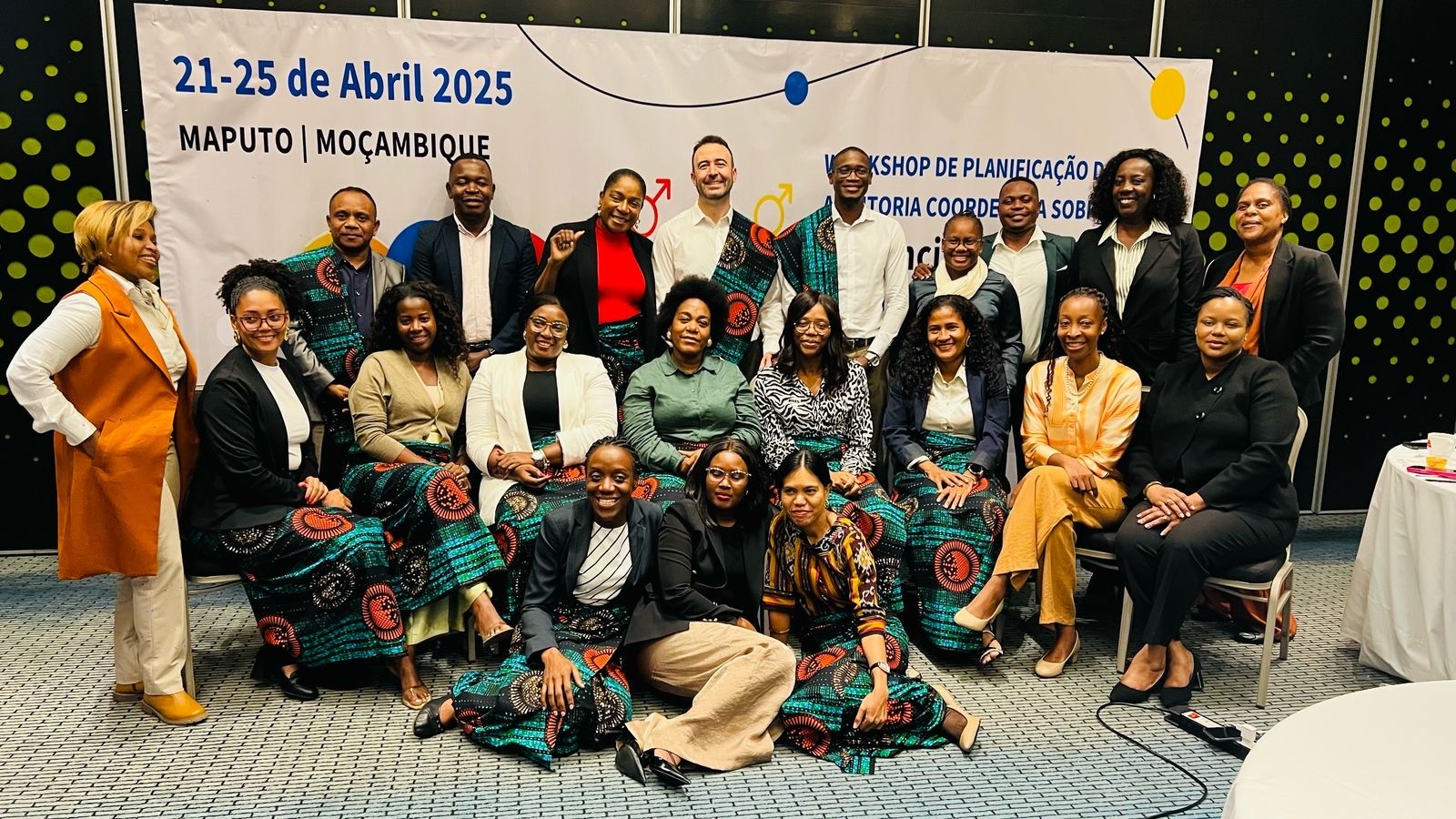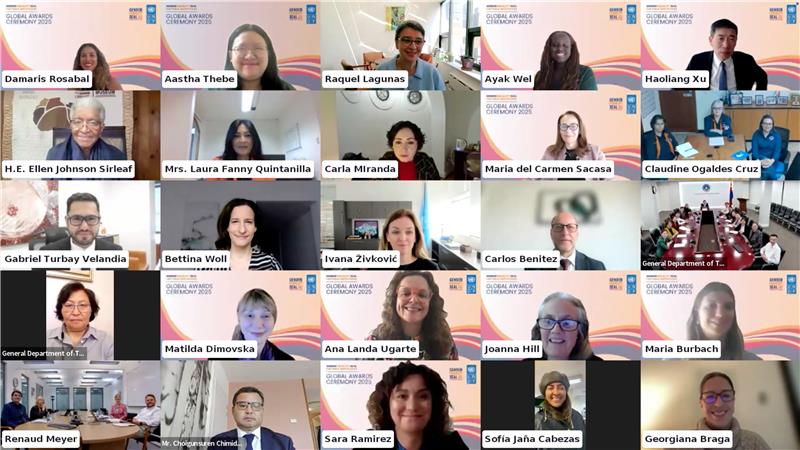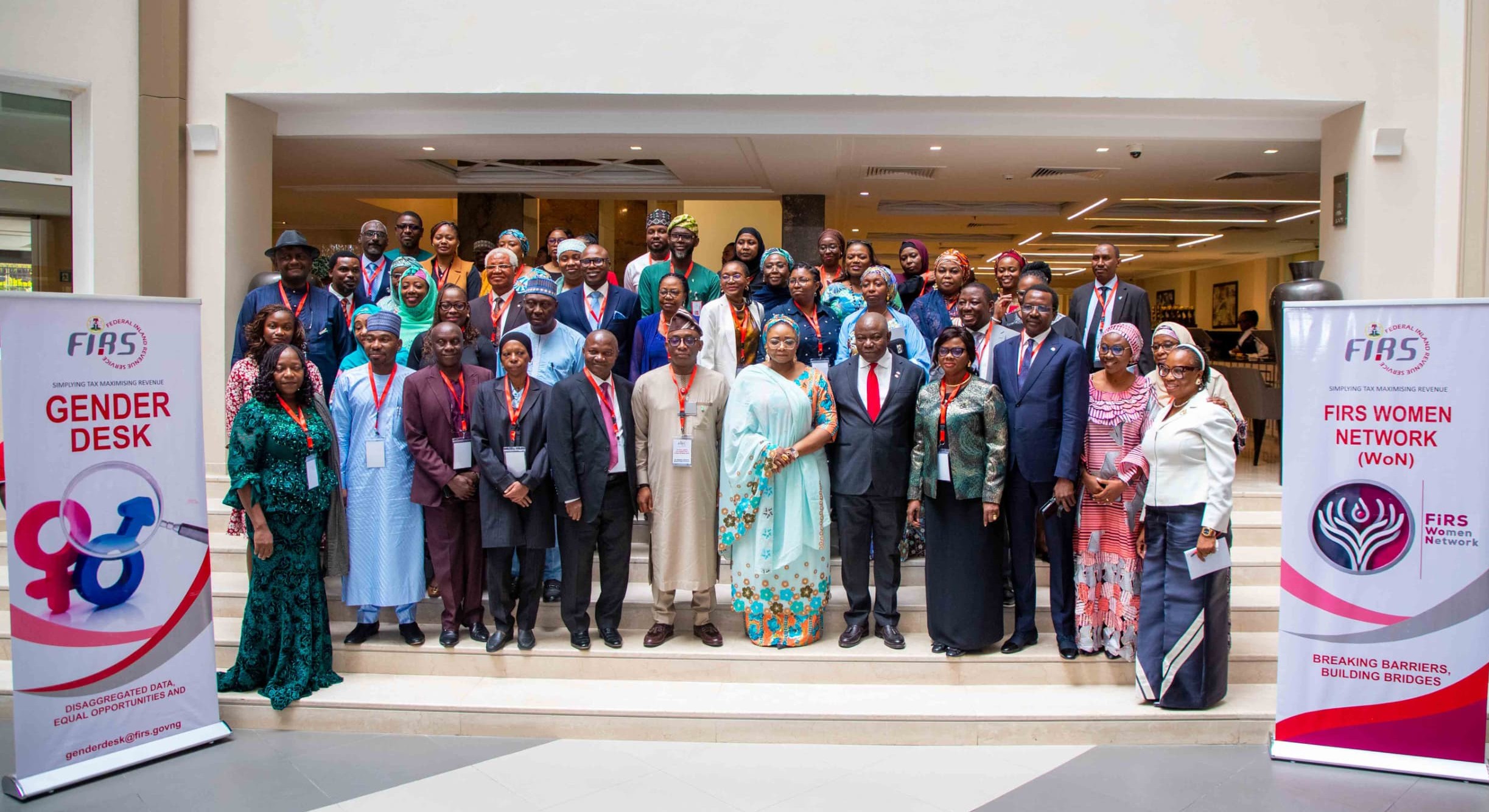UNDP Country Office in RDC is aiming to develop and validate a practical and feasible methodology for supporting targeted NGOs on improving their capacities for promoting gender equality and women’s rights in their work in the context of UNDP’s Stabilization Pillar.
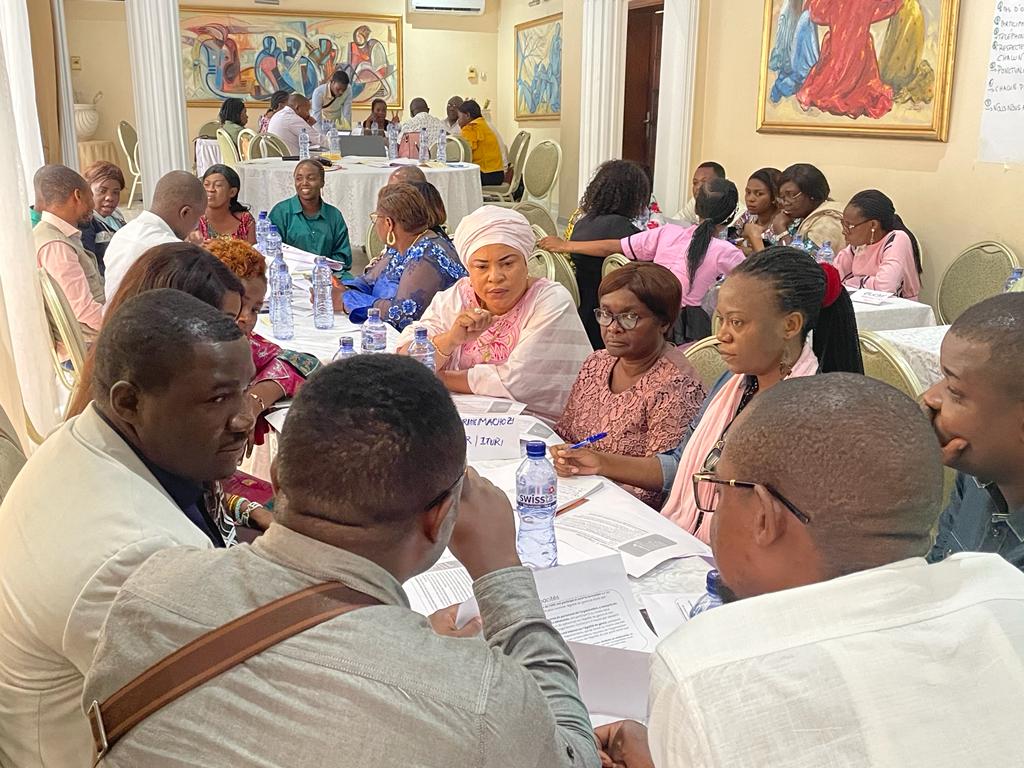
UNDP has been supporting different kinds of organizations, including its own UNDP Country Offices, in building gender capacities for promoting gender equality and women’s empowerment. This experience, together with the evidence resulting from numerous investigations, shows that organizations that integrate principles and actions promoting gender equality:
- Achieve better and more significant impacts in the life of the people they serve, particularly in the lives of women and girls and gender equality in the country.
- Improve their productivity, efficiency, and impact, through improved management that integrates good human talent management practices, enhancing staff capabilities, and reducing staff turnover and absenteeism.
- Improve their working environment and there for the satisfaction and organizational commitment of its staff, and results in higher organizational performance.
- Improve their recognition among their partners and the citizens they serve, and broaden engagement opportunities by joining a network of organizations recognized for their commitment to the advancement of gender equality and the development of DRC.
The UNDP Gender Equality Seal for Public Institutions was officially launched in the DRC in 2022, with the commitment of the government through the Ministry of Gender, Family and Children, which plays the role of co-leader in the implementation of the programme. Five national ministries have already committed to following the Seal’s roadmap: the Ministry of Planning, the Ministry of the Environment, the Ministry of Rural Development, the Central Bank and the National Institute of Professional Preparation. All have committed to making the necessary adjustments and improvements to advance gender equality and women’s rights, both within their institutions and through external initiatives. Internally, they will review and improve their organisational structure, procedures and working environment, while externally they will target their policies, programmes and services.
In the context of DRC stabilisation and resilience, capacity building is essential at different levels. It aims to improve national ownership, effectiveness and sustainability of interventions, as well as to facilitate the transition from MONUSCO to the government and the UN Country Team. Capacity development offers medium- and long-term perspectives and aims to achieve the following overall objective: “A coordinated network of national institutions and actors has sufficient capacity and autonomy to provide leadership for stabilisation initiatives in the DRC, effectively and with a gender-sensitive approach”.
Responding to it, UNDP Stabilization Pillar, with the support of UNDP Gender Team, is aiming to pilot a gender capacity building program targeting NGOs working in the areas of the UNDP Stabilization Pillar in six provinces of the country. The final aim is that these organizations improve their knowledge and capacities for advancing gender equality and women’s empowerment both internally, in their internal structures and procedures, and externally, in the programs, projects or services they provide the population they work with and their interactions with local government structures. In summary, it aims to improve the capacities of beneficiary CSOs for gender-sensitive management and planning at the strategic, programmatic and operational levels.
For this reason, UNDP delivered a 4 days’ workshop aiming to develop and validate a practical and feasible methodology. The workshop, which took place from 8th to 14th February 2023 in Kinshasa, was developed with the collaboration of the Ministry of Gender and its provincial offices act as colead institutions.
The workshop, delivered in-person and in a highly participative modality, had the participation of representatives from 24 selected NGO from the provinces of Tanganica, Noth Kivu, South Kivu, Ituri, Kasai and Kasai Central.
